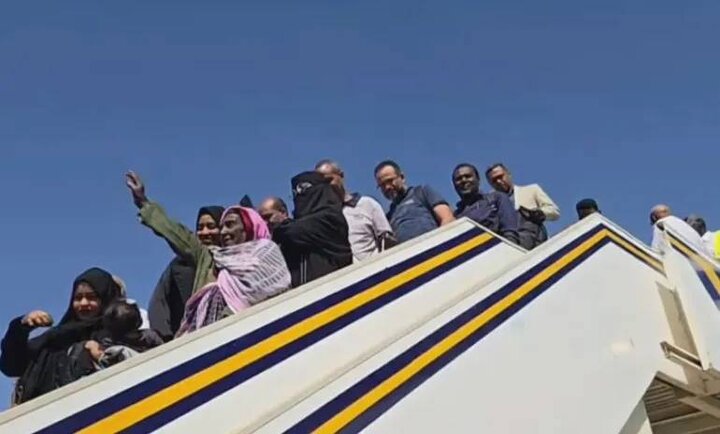-
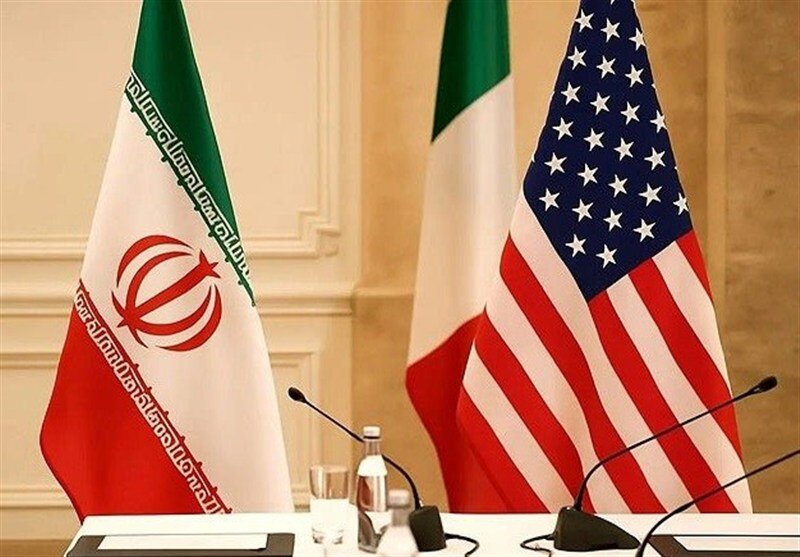 2026-02-04 23:03
2026-02-04 23:03
By Staff Writer
US poised to return to the negotiating table it bombed in June
Iranians offer Trump another chance after regional countries step in
TEHRAN – Iranians have agreed to give diplomacy with the United States another chance after at least seven regional countries urged Tehran in calls with President Masoud Pezeshkian to set aside Washington’s long record of bad faith and pursue talks.
-

Ex-nuclear chief warns against foreign ‘mischief’ as Iran and US set to resume nuclear talk
TEHRAN - The former director of Iran’s Atomic Energy Organization has expressed optimism about the looming nuclear negotiations between Iran and the United States.
-

Group painting exhibition “Timeless Love” opens on birth anniversary of Imam Mahdi (AS)
TEHRAN – Coinciding with the birth anniversary of Imam Mahdi (AS), Akhlagh Cultural Center in Tehran is hosting the group painting exhibition “Timeless Love”.
-
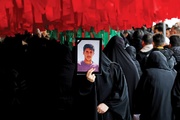
By Faramarz Kouhpayeh
Killing with sanctions, lying with statistics
Iran releases names of 3000 killed in January unrest after days of fabricated and politically motivated reporting by Western media
TEHRAN – On Sunday, Iran took the step of publishing the names and national ID numbers of nearly 3,000 individuals killed during the unrest that swept through the country between January 8 and January 14. According to officials, this move was a direct response to weeks of politically motivated reporting and fabrication by Western media outlets.
-

By Fatemeh Kavand
‘American rescue’: A mask of compassion, a face of plunder
TEHRAN - While the Trump administration is officially considering regime-change options in Cuba, reviewing the experiences of countries previously targeted for “American rescue” shows that this concept is not about the welfare of nations—it is a cover for blockade, pressure, and systematic plunder. This pattern also explains Washington’s hostility toward Iran.
-

AI-generated fake accounts linked to Israel wage digital war on Iran: Le Figaro
TEHRAN – French newspaper Le Figaro has reported that researchers and disinformation specialists have observed an increase in coordinated campaigns targeting the Iranian public.
Politics
-
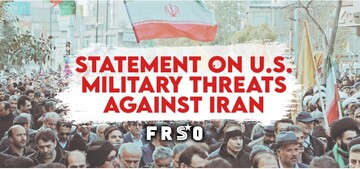
Iranians won’t succumb to psychological warfare: 2600 Iranian psychologists tell US
TEHRAN - Some 2600 psychologists and advisors from various Iranian universities have signed a statement in reaction to Washington’s repeated military threats against Iran and efforts to inject psychological instability into the Iranian society.
-
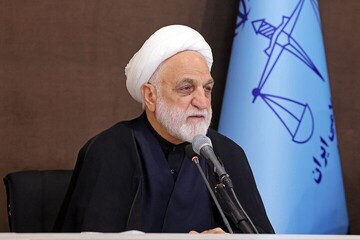
Instigators of insecurity and terrorists will face justice: Iranian top judge
TEHRAN - The Iranian Judiciary chief says the judicial system will firmly deal with those instigating insecurity and conducting acts of terror and treason.
-

‘Iran ready to respond to any mischief by enemy’
TEHRAN - An Iranian parliamentarian has quoted a senior military commander as saying the Islamic Republic is prepared to respond to any mischievous move by the enemy.
Sports
-

Iran’s relentless march toward another Asian futsal crown
TEHRAN - Iran’s national futsal team once again find themselves exactly where they expect to be: deep in the business end of the AFC Futsal Asian Cup.
-

Female sprinter Fasihi wins gold at Budapest event
TEHRAN – Farzaneh Fasihi of Iran won a gold medal at the Budapest Régió Fedettpályás Bajnokság.
-

Iran see off Uzbekistan in AFC Futsal Asian Cup 2026 QFs
TEHRAN - Iran came from two goals down to defeat Uzbekistan 7-4 in a thrilling AFC Futsal Asian Cup Indonesia 2026 quarter-final on Tuesday.
Culture
-

Group painting exhibition “Timeless Love” opens on birth anniversary of Imam Mahdi (AS)
TEHRAN – Coinciding with the birth anniversary of Imam Mahdi (AS), Akhlagh Cultural Center in Tehran is hosting the group painting exhibition “Timeless Love”.
-

“Shadow of Security” unveiled at Art Bureau
TEHRAN- The unveiling ceremony for “Shadow of Security,” a painting by Iranian artist Hassan Ruholamin, was held at the Art Bureau of the Islamic Ideology Dissemination Organization in Tehran on Tuesday.
-
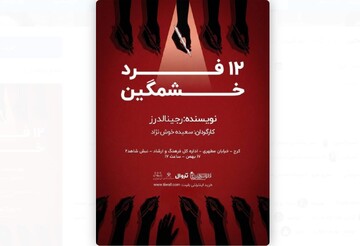
Karaj theater to host reading performance of “Twelve Angry Men”
TEHRAN- Master Sirous Saber Theater in Karaj will be playing host to a reading performance of American screenwriter and playwright Reginald Rose’s “Twelve Angry Men” on Friday.
Economy
-

Car output down 7% in nine months
TEHRAN – Iran’s car production fell seven percent in the first nine months of the current Iranian year (March 21-December 21, 2025) compared with the same period last year, the head of the Industrial Development and Renovation Organization of Iran (IDRO) said.
-

Power projects worth $1.1b to be inaugurated across Iran
TEHRAN – Energy Ministry will inaugurate 243 power sector projects nationwide during the Ten-Day Dawn anniversary period, with total investment of about 550 trillion rials ($1.1 billion), a senior official at Iran's Power Generation, Distribution, and Transmission Company (Tavanir) said.
-

Iran ranks among top 10 countries by thermal power capacity
TEHRAN – Iran ranks among the world’s 10 countries with the largest thermal power generation capacity, a senior official at the Thermal Power Plants Holding Company (TPPH) said.
Society
-

Iran among top eight countries in intl. Olympiads
TEHRAN –Iran ranks eight worldwide in international Olympiads as the country stood respectively third, seventh, and eighth in mathematics, computer, and physics Olympiads last year, IRNA quoted Reza Hosseini, the head of the Young Scholars Club, as saying.
-
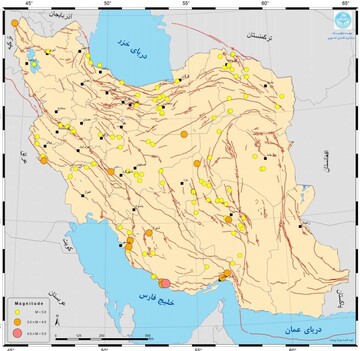
122 earthquakes hit Iran in a week
TEHRAN – A total of 122 earthquakes were recorded across the country in a week from January 24 to 30, according to the seismological networks of the Institute of Geophysics of the University of Tehran.
-

DOE expounds on measures for preservation of biodiversity
TEHRAN – The Department of Environment (DOE) has elaborated on achievements and measures taken by the administration to protect the biodiversity, ecosystem, and endangered species in the country.
Tourism
-
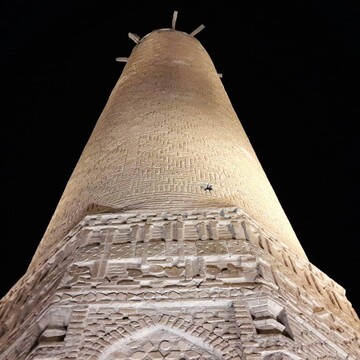
The minaret that lit the way
TEHRAN- Rising above the historical city of Golpayegan in Isfahan province, the Golpayegan Minaret stands as a prominent reminder of Iran’s Seljuk-era architectural achievements and the region’s role in historic travel routes.
-
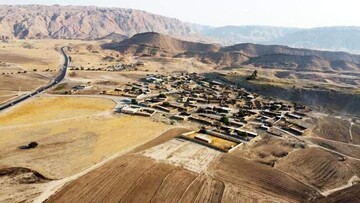
Legal protection boundaries determined for Batvand site
TEHRAN – Cultural heritage authorities have designated legal boundaries and a protected zone for the historical site of Batvand in Khuzestan province, officials said, in a move aimed at strengthening preservation measures.
-

Flamingos migrate to Makran coast, official says, highlighting tourism potential
TEHRAN – More than 2,000 flamingos have migrated to Makran coasts in southern Iran this winter that could support nature-based tourism, an environmental official has said.
International
-

Israel kills 18 Palestinians in Gaza bombing
TEHRAN- Israeli fighter jets bombed the Gaza Strip early on Wednesday, killing at least 18 Palestinians, including three children, according to local media.
-
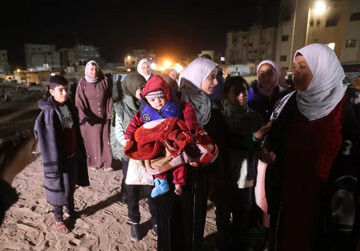
UN chief urges Gaza aid as Israel blocks most medical evacuees at Rafah
TEHRAN- United Nations chief Antonio Guterres again has called on Israel to immediately allow humanitarian aid into the Gaza Strip, as the Israeli authorities continue to block dozens of Palestinians from exiting the war-ravaged enclave to seek medical treatment.
-

Trump’s call to ‘nationalize’ elections draws furious pushback
TEHRAN- President Donald Trump on Tuesday doubled down on his controversial suggestion that Republicans "nationalize" elections as he continued to make false claims of widespread voter fraud and refused to accept his 2020 defeat, ABC news reported.
Most Viewed
-
Trump is retreating — here is why: John Helmer on Washington’s Iran strategy
-
Female sprinter Fasihi wins gold at Budapest event
-
Iran see off Uzbekistan in AFC Futsal Asian Cup 2026 QFs
-
Iran’s relentless march toward another Asian futsal crown
-
122 earthquakes hit Iran in a week
-
Iran among top eight countries in intl. Olympiads
-
Group painting exhibition “Timeless Love” opens on birth anniversary of Imam Mahdi (AS)
-
US poised to return to the negotiating table it bombed in June
-
Car output down 7% in nine months
-
Power projects worth $1.1b to be inaugurated across Iran
-
Israel kills 18 Palestinians in Gaza bombing
-
Iran ranks among top 10 countries by thermal power capacity
-
Iran’s economic project pipeline valued at $240b
-
Trump’s call to ‘nationalize’ elections draws furious pushback
-
Ex-nuclear chief warns against foreign ‘mischief’ as Iran and US set to resume nuclear talk












